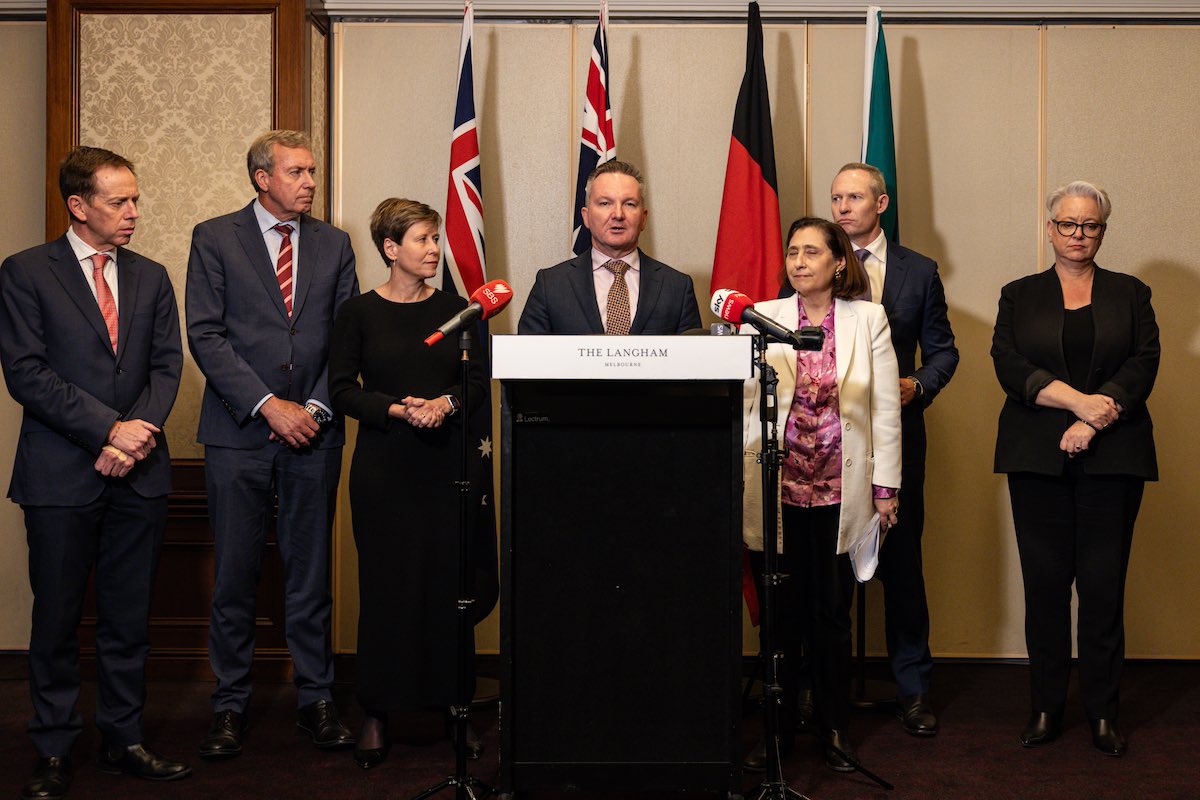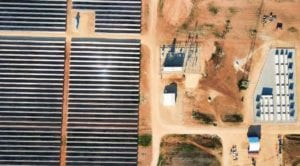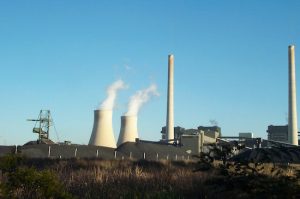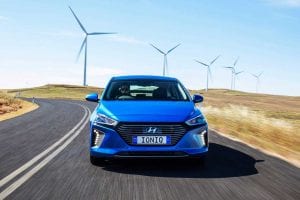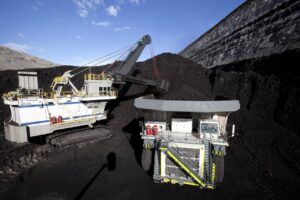Cheaper power for households through improved access to rooftop solar, battery storage and efficient electric appliances topped the agenda for energy and climate ministers in Melbourne on Friday, at a meeting focused on federal Labor’s Consumer Energy Roadmap.
Ministers also agreed to a national statement of intent for regional and remote electric vehicle charging infrastructure, and to fast-track minimum energy performance standards for heat pump hot water systems “as a high priority,” due to booming uptake of the efficient electric alternative to gas hot water.
The meeting of the Energy and Climate Change Ministerial Council (ECMC) saw the release of Australia’s first National Consumer Energy Resources Roadmap and Implementation Plan, that sets out consumer-focused reforms to optimise and democratise clean energy technologies.
Reforms set out under the CER Roadmap seek to support consumers to increase exports from rooftop solar systems, benefit from new opportunities like electric vehicle-to-grid charging, get paid for participating in programs that benefit the electricity system and manage energy use to save on bills and pay of solar and electrification assets sooner.
“The plan is a first step to enable billions of dollars in savings and benefits, as well as new consumer protections, network reforms …and a commitment to a national regulatory framework for CER standards,” a communique from the meeting says.
“Ministers recognised the importance of community buy-in to the goals of the roadmap and the need to support consumer energy literacy so that consumers can maximise the benefits of CER.”
On this front, heat pump hot water systems are given a high priority, with the ministers recognising “the urgent need for objective performance standards for this rapidly growing technology.”
As Alan Pears has argued on Renew Economy’s SwitchedOn, without effective efficiency standards for heat pumps, householders must rely on unfriendly, inaccessible, and imperfect methods to compare the efficiency of heat pump hot water systems.
This lack of industry-wide and accessible standards is a failure of the government, Pears argues, particularly in light of the numerous state and federal schemes encouraging the uptake of heat pump hot water.
To remedy this, ministers on Friday agreed to support simultaneous consideration of the standards by officials, and expedited ministerial decision-making to progress these standards as quickly as possible.
“States and territories have agreed to nominate people to join a small, virtual task force to help progress aspects of this work in parallel,” the communique says.
“Ministers also agreed that due to the urgency of these reforms, Ministers will seek opportunities to bring the standards into effect earlier than the usual 12 months following approval of a final standard.
“This will be supported by ongoing engagement with the industry through the development of the standards. Ministers noted that, in combination, these actions should see standards in place at least a year earlier than would otherwise be the case.”
In the spirit of keeping up with technology, the ministers also agreed to a national statement of intent for regional and remote EV charging infrastructure, to ensure EV drivers outside of Australia’s big cities have access to reliable charging, where practical.
“This is a crucial step in the rollout of charging infrastructure to enable long distance EV commuting or travel between hubs,” the communique says.
“The rollout of this charging infrastructure will be guided by the national EV public charging infrastructure map, which will be live by late 2024. Ministers also agreed updates to the minimum operating standards for government-supported public EV charging infrastructure.”
Hosting the talks, and needing to link the nation’s first offshore wind into the grid, Victoria’s Energy Minister Lily D’Ambrosio told AAP that proven technologies would lower emissions and deliver cheap and reliable power.
“What we will not be advocating for is Peter Dutton’s fantasy of costly, toxic nuclear reactors in Gippsland,” D’Ambrosio said.
“Peter Dutton and (Victorian opposition leader) John Pesutto need to come clean on where they plan to dump the toxic waste in Victoria.”
With some reporting from AAP

